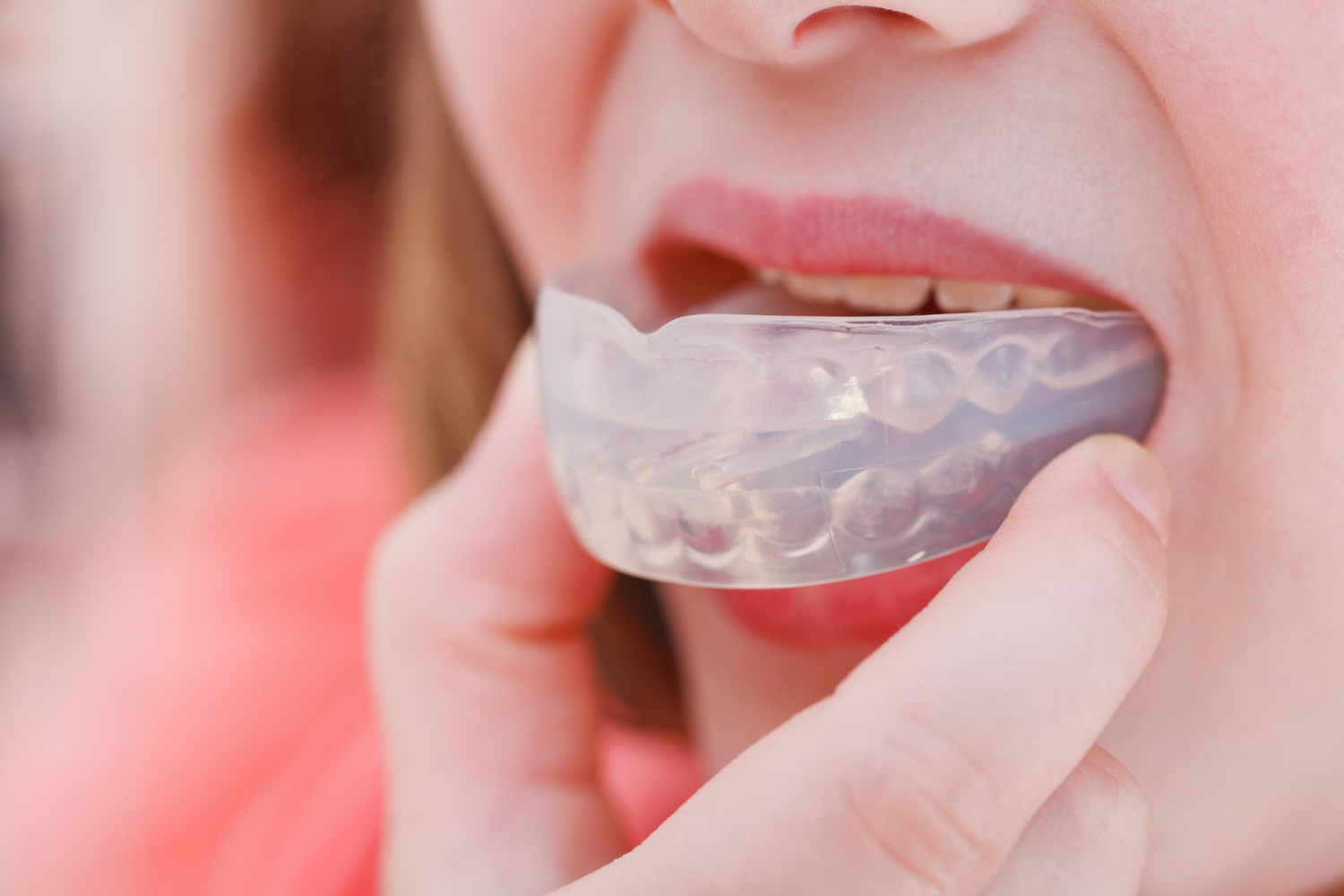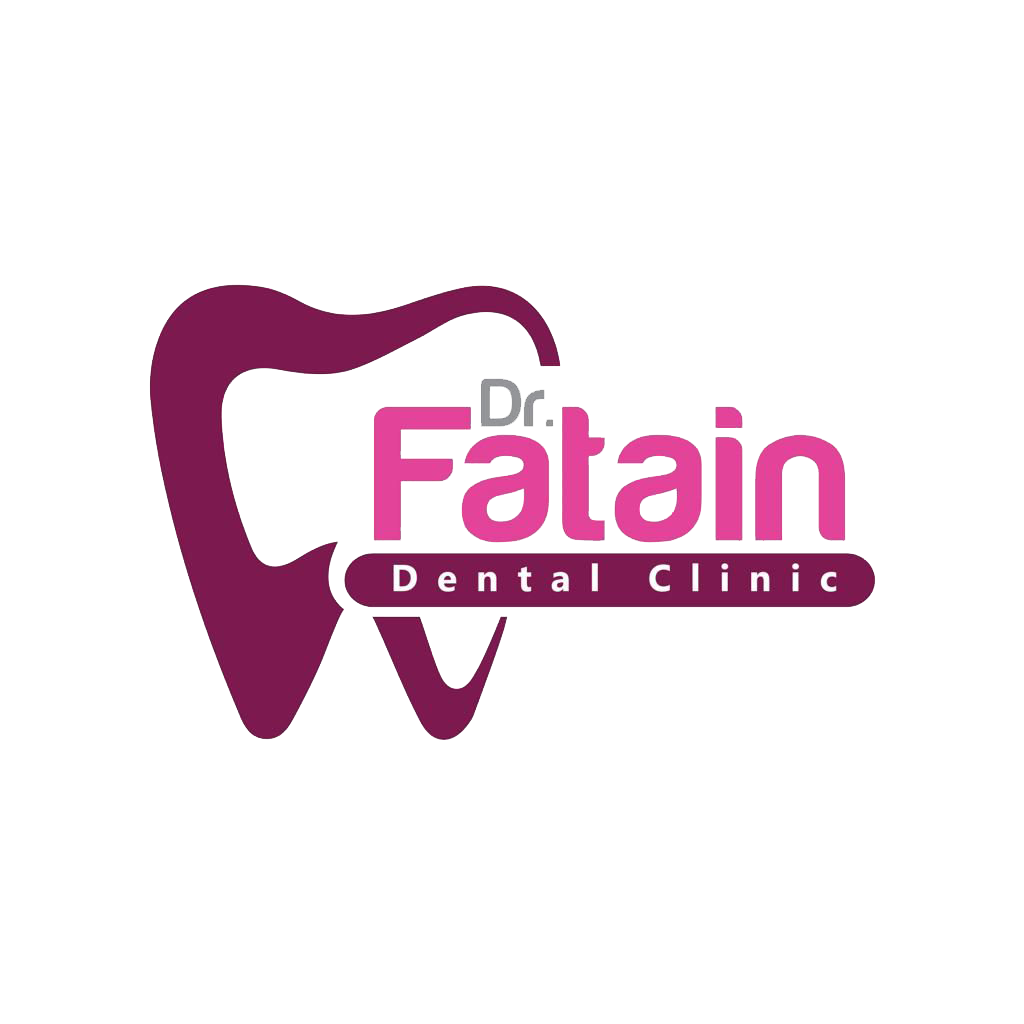Nightguard: Solution to Bruxism (Teeth Grinding)
Teeth grinding and clenching during sleep, also known as bruxism, can damage the teeth and overall health. The constant grinding and clenching can wear down the enamel on the teeth, making them susceptible to cavities and tooth decay. It can also cause the teeth to become sensitive and painful. In severe cases, grinding can even lead to the loss of teeth. In addition to the effects on the teeth, bruxism can cause jaw pain, headaches, and tension in the facial and neck muscles. Over time, these symptoms can become chronic and lead to long-term health problems. It is essential to address teeth grinding and clenching to protect the teeth and overall health. When this happens, you may need the help of a dental night guard.
What is a dental night guard?
A nightguard is a retainer-like piece of hard or soft or both hard & soft (dual layer) plastic. It protects the biting surfaces and can be worn on the lower or upper teeth. Because everyone’s teeth are different, a nightguard is custom-made for each patient by molding it to fit your teeth without being uncomfortable or bulky. Whether you hear dentists refer to a mouthguard, occlusal guard, bite splint, dental guard, or nocturnal bite plate, they all refer to the same item. Anti-grinding mouthguards serve as a barrier between the upper and lower teeth, keeping them apart and reducing the likelihood of grinding.

Types of nightguards
A custom-fitted guard from your dentist is of the most excellent quality and does the best job of protecting your teeth and mouth. Your dentist creates a mold (imprint) of your teeth to create a mouthguard that perfectly fits your teeth and mouth. The American Sleep Association categorizes nightguards based on the materials used to make them:
Hard nightguards
These are composed of acrylic and are used to treat TMJ disorders as well as severe teeth grinding and clenching. The bite alters as the muscles relax because the lower jaw positions itself in a healthy focal posture. Adjustments to the guard’s bite will allow your muscles and jaw to relax. Hard nightguards are the most durable since they are constructed of a sturdy substance.
Other types of dental nightguards include:
- custom-fitted
Your dentist creates a mold (imprint) of your teeth to create a mouthguard that perfectly fits your teeth and mouth. Custom-fitted mouthguards are more expensive, but they give the finest fit and protection. A custom-fitted guard from your dentist is of the most excellent quality and does the best job of protecting your teeth and mouth.
Soft nightguards or dual layer nightguard
Soft nightguards are comfortable but may not help stop the grinding habit. It also wears down easier. Dual-layer nightguards are more expensive, but they give the finest comfort and protection as the inner layer is soft so it is comfortable for the teeth and the outer layer is hard making it stronger and more durable.
Boil-and-bite mouth guards
These are made of a thermoplastic material that you may mold at home to fit your teeth. Place the mouthguard in hot (not boiling) water to soften it. The softened mouthguard is then placed in your mouth and pressed on your molars and front teeth with your fingertips. When you feel like the mouthguard is in the ideal position, you bite down for around 20 seconds. The device is then removed and rinsed under cool water. Repeating these procedures, you can reshape the mouthguard to get the optimum fit.
Stock
These one-size-fits-all mouthguards are molded and ready to wear. They rarely fit well because they aren’t created precisely for your teeth. Their bulk and ill-fitting might make breathing difficult. Stock mouthguards provide minimum protection of any mouthguard type. Long-term usage of such mouthguards changes your bite.
Where can you purchase a mouthguard?
Custom-fitted mouthguards may only be obtained from a dental practitioner. You may purchase stock or boil-and-bite mouthguards online, at pharmacies, and at sports goods stores.
Can you wear a mouthguard over braces or aligners?
How to look after your new nightguard?
Night guards can be an invaluable tool for protecting your teeth from the damaging effects of grinding. Now that you have a night guard, you must take proper care of it so that it can continue to protect your teeth for as long as possible. Cleaning your night guard should be part of your everyday oral health practice. Following these detailed cleaning instructions, your night guard should last for many years!
Rinse immediately after wearing
When you remove your night guard from your mouth after using it, rinse it with warm water. This will clear away debris and plaque stuck to the night guard.
Brush your nightguard
After rinsing, lightly brush your night guard with your regular toothbrush. It is recommended to use a separate toothbrush for their night guard.
It is optional to add toothpaste to the brush. Because toothpaste is abrasive, it may harm your night guard. A non-abrasive daily cleanser for your guard is dish soap or Castile soap.
Let your nightguard dry on a clean surface
Let your night guard dry completely before storing it to prevent rapid bacterial growth. Allow your night guard to dry on a clean, level surface. It should dry in 15-30 minutes on average.
Keep your nightguard in its case
You must store your nightguard in a case when you are not wearing it. Many individuals keep their night guard in their bathroom, but the steam and humidity can cause the night guard to warp over time. Instead, dentists recommend keeping the night guard in your bedroom or nightstand. Avoid storing your night guard in places with severe hot or cold temperatures. Because pets enjoy new chew toys, please keep your night guards out of reach of your pets.
Deep clean your nightguard once a month
Make it a habit to thoroughly clean your night guard at least every other day. The first method is using a non-abrasive antibacterial nightguard cleanser available over the counter. It comes in tablet form and you just need to drop the tablet in a water bowl to let it dissolve. Place your nightguard in a water bowl and let it soak according to the instructions.
Keep your case clean
If you put a clean night guard in a dirty case, cleaning it can become a waste of time. Handwash the case every few days with dish or castile soap to keep it clean. Avoid putting the case in the dishwasher since the high temperature may cause the plastic to melt or deform. Allow the case to dry after washing to prevent bacteria growth.
How long does a mouthguard last?
A custom-fitted mouthguard can last several years with proper care, depending on how much “wear and tear” it endures. However, some people may require a mouthguard replacement more frequently than that. Bring the mouthguard to your dental appointments so your dentist can evaluate it for cracks or other signs of wear.
Over-the-counter mouthguards are not as long-lasting. They may need to be replaced every several months. Children and teenagers may require more frequent replacement of mouthguards as their teeth and mouth develop.
Are there any disadvantages to wearing a night guard?
One potential problem with nightguards is the user wearing an ill-fitting night guard that may not provide adequate protection due to a loose fit. A poorly fitted night guard may cause bite difficulties and pain if used regularly.
Some doctors are concerned that night guards, particularly over-the-counter ones, may aggravate bruxism symptoms. Clenching or grinding on an ill-fitting piece of plastic may irritate gums and produce more inflammation. There is some research to back up these concerns. This emphasizes the importance of discussing the use of a night guard with your dentist before getting one.
One of the significant disadvantages of night guards is that they do not address the source of the problem. Many experts consider teeth grinding a behavioral issue rather than a dental or sleep issue. While a properly fitted sleep guard may prevent tooth injury or wear in the near term, fixing the underlying cause may be the most effective treatment.
Final words
In conclusion, nightguards are a helpful tool for preventing damage to the teeth and jaws from grinding or clenching during sleep. They are beneficial for individuals who suffer from bruxism. Nightguards are easy to use and can be customized to fit an individual’s mouth, making them a comfortable and practical option for protecting teeth.
You must seek treatment if you suffer from bruxism or grinding during sleep. If left untreated, bruxism can cause damage to the teeth and jaw, leading to discomfort and potentially more severe dental problems.
At Dr Fatain Dental Clinic, our experienced team is here to help you find relief from your bruxism symptoms. We offer comprehensive evaluations to diagnose and treat your condition.
Don’t let bruxism continue to cause discomfort and damage to your teeth. Visit Stellar Dental today and get the help you need to find relief.
